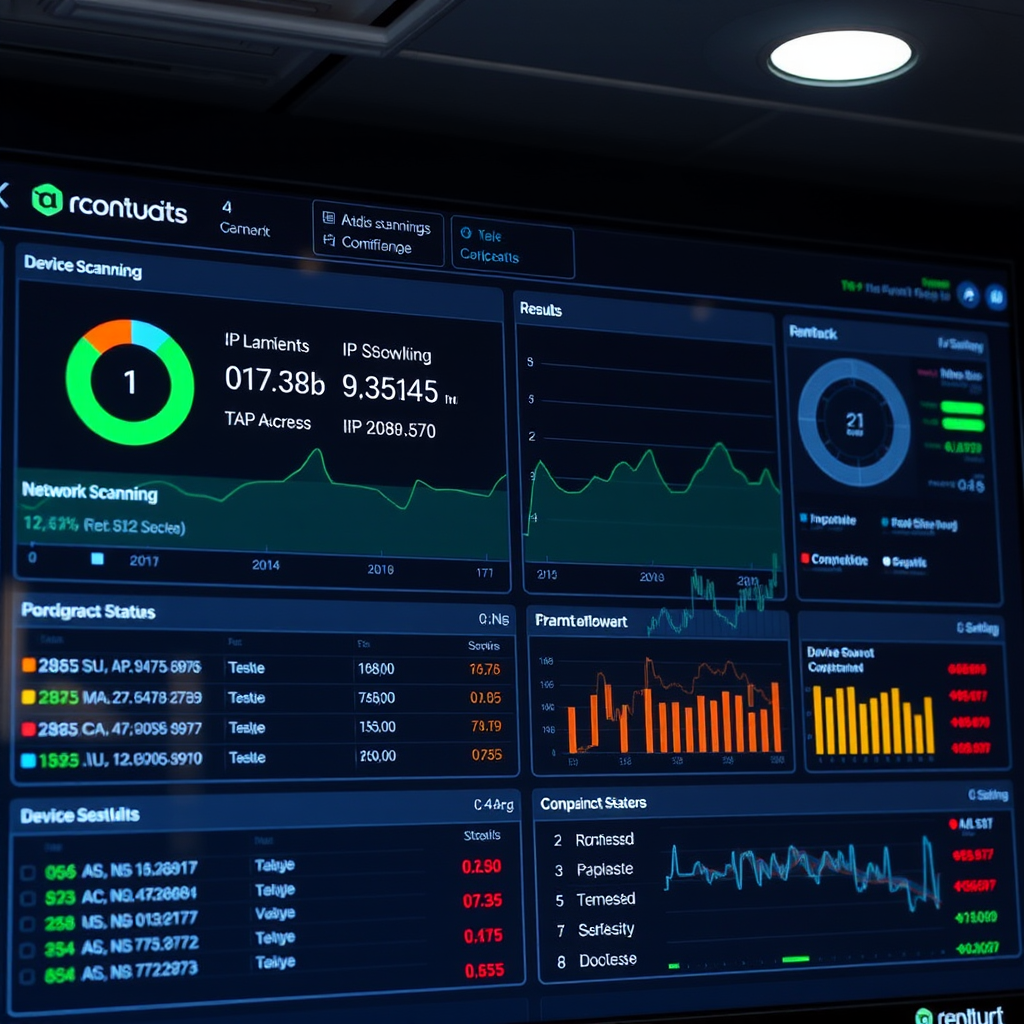The cybersecurity landscape has undergone a significant transformation with the introduction of comprehensive federal regulations that mandate enhanced network monitoring and device tracking for organizations handling sensitive data. These new compliance requirements, effective immediately, are reshaping how businesses approach network security and infrastructure management.
Mandatory Network Scanning Requirements
Under the new federal guidelines, organizations must implement continuous network monitoring systems that can identify and catalog all connected devices within their infrastructure. This requirement has made network scanner tools not just beneficial, but absolutely essential for maintaining compliance. Companies that fail to meet these standards face penalties ranging from $50,000 to $2.5 million, depending on the severity of non-compliance.
The regulations specifically require organizations to maintain real-time visibility of their network topology, including unauthorized devices that may pose security risks. This has led to a surge in demand for sophisticated IP scanning solutions that can provide comprehensive device discovery and monitoring capabilities.
Industry Expert Commentary
"These regulations represent the most significant shift in cybersecurity compliance we've seen in over a decade. Organizations can no longer rely on periodic security assessments – they need continuous, automated network monitoring to stay compliant."

Key Compliance Components
The new regulations outline several critical areas that organizations must address:
- Automated Device Discovery: Systems must automatically detect and catalog new devices connecting to the network within 15 minutes of connection.
- Vulnerability Assessment: Regular scanning for security vulnerabilities on all network-connected devices, with critical issues addressed within 72 hours.
- Access Control Monitoring: Continuous tracking of device access patterns and immediate flagging of suspicious activities.
- Compliance Reporting: Quarterly reports demonstrating adherence to network monitoring requirements and incident response procedures.
Impact on Network Administration
Network administrators are finding themselves at the forefront of compliance efforts, with many organizations investing heavily in advanced scanning technologies. The regulations have particularly emphasized the importance of comprehensive IP scanning capabilities that can provide detailed insights into network infrastructure.
According to industry analyst firm TechSecure Research, 78% of organizations surveyed indicated they needed to upgrade their network monitoring capabilities to meet the new federal requirements. This has created unprecedented demand for reliable network scanner solutions that can deliver both compliance and security benefits.
Implementation Timeline
Organizations have until December 31, 2024, to fully implement compliant network monitoring systems. Early adoption is strongly recommended to avoid potential penalties and ensure smooth transition processes.
Technology Solutions and Best Practices
The complexity of modern network environments requires sophisticated scanning tools that can handle diverse device types and network configurations. Leading cybersecurity experts recommend implementing solutions that offer:
Comprehensive Scanning
Advanced endpoint scanning and device fingerprinting capabilities for complete network visibility.
Real-time Reporting
Automated compliance reports and alert systems for immediate threat detection.
The regulatory landscape continues to evolve, with additional requirements expected in 2025 focusing on artificial intelligence-powered threat detection and automated response systems. Organizations that invest in robust network scanning infrastructure now will be better positioned for future compliance challenges.
Looking Ahead
As federal agencies continue to refine these regulations based on industry feedback and emerging threats, the role of network monitoring tools will only become more critical. Organizations that proactively implement comprehensive scanning solutions are not only ensuring compliance but also significantly enhancing their overall security posture.
The message from federal regulators is clear: network visibility is no longer optional for organizations handling sensitive data. The investment in proper network scanner technology today will pay dividends in both compliance adherence and security protection for years to come.
